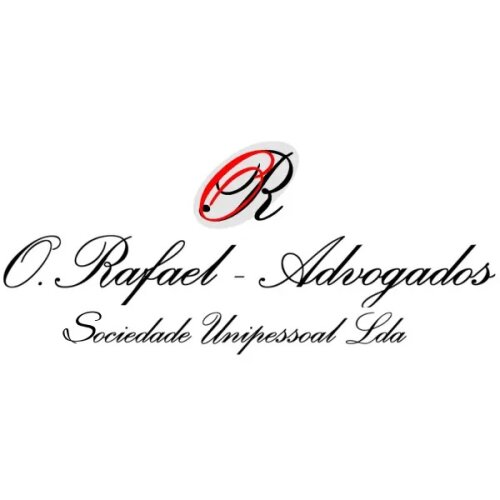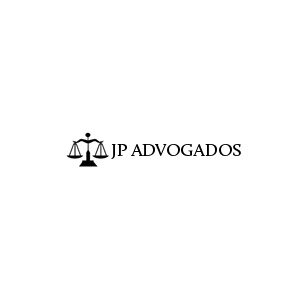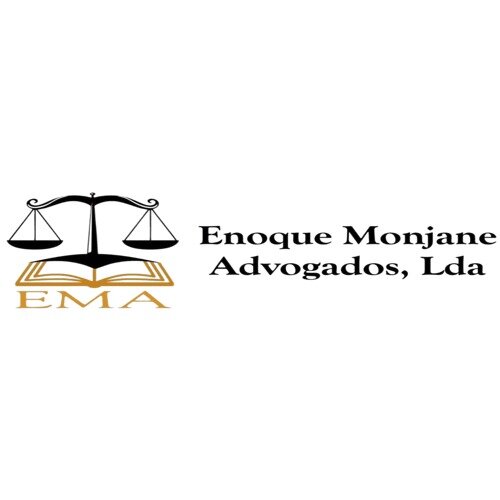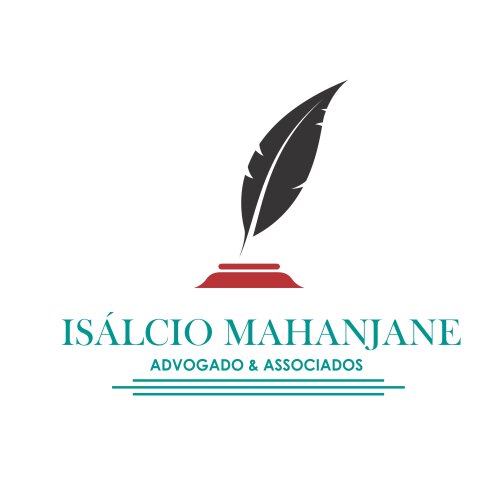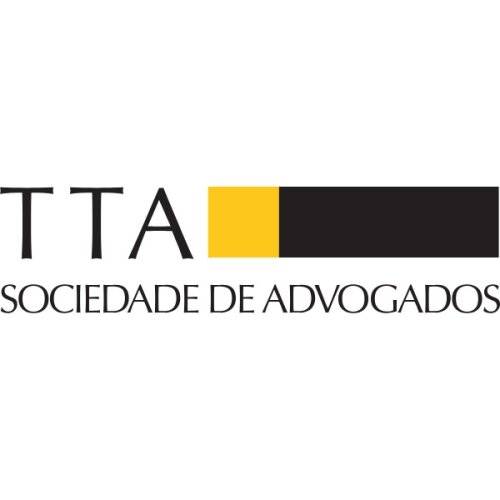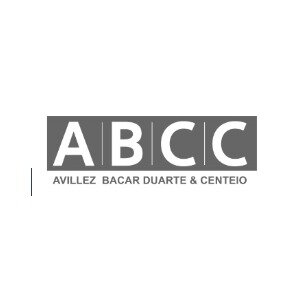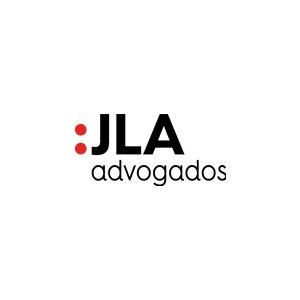Best ESG Advisory & Compliance Lawyers in Mozambique
Share your needs with us, get contacted by law firms.
Free. Takes 2 min.
Or refine your search by selecting a city:
List of the best lawyers in Mozambique
About ESG Advisory & Compliance Law in Mozambique
ESG stands for Environmental, Social, and Governance. It refers to the set of standards for a company’s operations that socially conscious investors use to screen potential investments. In Mozambique, ESG Advisory & Compliance has gained prominence due to an increase in global business operations, foreign investments, and the country’s rich natural resources. Complying with ESG standards not only helps organizations maintain their social license to operate but also ensures alignment with both national and international expectations around environment, society, and governance.
ESG law in Mozambique encompasses a range of legislative measures, policies, and voluntary frameworks aimed at promoting responsible business conduct and sustainable development. This includes environmental regulations, labor laws, anti-corruption measures, and rules around transparency and reporting. As the legal landscape evolves, organizations are increasingly seeking ESG advisory and compliance services to mitigate risks, unlock new opportunities, and satisfy stakeholder demands.
Why You May Need a Lawyer
There are several situations where engaging a lawyer specializing in ESG Advisory & Compliance can be crucial in Mozambique. Here are some common circumstances:
- If your business is entering the Mozambican market and needs to understand local ESG requirements
- If you are implementing large-scale projects, such as mining, energy, or agriculture, that have environmental and social impacts
- If you need assistance drafting and adopting internal ESG policies to demonstrate accountability to investors or partners
- If regulatory authorities are investigating your organization for non-compliance with ESG-related laws
- If your organization faces disputes or litigation involving environmental, social, or governance issues
- If you need guidance on reporting and disclosure obligations under Mozambican law or to international bodies
- If you wish to conduct due diligence for mergers, acquisitions, or joint ventures, ensuring ESG risks are identified and managed
- If you are interested in accessing financing or investment that requires compliance with specific ESG criteria
In all these cases, a local ESG lawyer can help interpret and apply complex regulations, advocate on your behalf with authorities, and help you design systems and processes to remain compliant.
Local Laws Overview
Mozambique’s ESG regulatory framework is built on a combination of national legislation, sector-specific regulations, and international commitments. Below are key areas of relevance:
- Environmental Legislation: The Environmental Law (Law No. 20/97) sets out the general framework for environmental protection, requiring environmental impact assessments (EIAs) for many projects. Sector-specific regulations further govern mining, energy, and agriculture.
- Labor and Social Laws: The Labor Law (Law No. 23/2007) establishes minimum working conditions, workers’ rights, and occupational health and safety standards. There are also specific laws addressing child labor, gender equality, and community consultation, especially for extractive industries.
- Governance and Anti-Corruption: Mozambique has a robust anti-corruption legal framework, including the Law on Public Probity (Law No. 16/2012), which requires transparency and principles of good governance in both the public and private sectors.
- ESG Reporting: While not mandatory for all organizations, certain reporting guidelines are in place for public companies and those operating in high-impact industries. Mozambique’s adherence to international frameworks such as the Extractive Industries Transparency Initiative (EITI) adds further requirements for disclosure and governance.
- Community and Land Rights: The Land Law (Law No. 19/97) recognizes customary land rights and requires stakeholder engagement in projects affecting local communities. Free, prior, and informed consent (FPIC) is vital for major land-based or extractive operations.
Navigating these laws can be complex, especially when businesses must comply with both national and international standards. This is why legal guidance is often necessary for organizations seeking to operate responsibly in Mozambique.
Frequently Asked Questions
What is ESG compliance and why is it important in Mozambique?
ESG compliance means adhering to legal and ethical standards related to environmental protection, social responsibility, and strong corporate governance. In Mozambique, ESG compliance is critical to avoid legal penalties, access international markets, attract investment, and enhance your organization’s reputation.
Which Mozambican laws are most relevant to ESG?
Key laws include the Environmental Law, Labor Law, Land Law, and specific anti-corruption legislation. Depending on your sector, other specific regulations may also apply.
Do all businesses in Mozambique need to follow ESG regulations?
While all businesses must comply with some ESG-related laws, such as labor and environmental standards, the specific requirements often depend on the size, industry, and nature of the organization’s activities.
What are the penalties for non-compliance with ESG laws in Mozambique?
Penalties can range from fines and suspension of licenses, to project shutdowns, reputational damage, or even criminal charges for serious breaches such as environmental pollution or corruption.
How can a lawyer assist with ESG compliance?
A lawyer can interpret and apply relevant laws, create or review internal policies, help with licensing, assist with reporting and due diligence, represent your business before authorities, and defend your interests in disputes or investigations.
Is ESG reporting mandatory in Mozambique?
ESG reporting is mandatory for certain sectors and companies, especially those listed on the stock exchange or involved in extractive industries. Best practices suggest voluntary reporting even when not compulsory, as it helps build trust with stakeholders.
How can my business implement effective ESG practices?
Start with an ESG assessment, identify and address any gaps, establish clear policies, build capacity among employees, and ensure ongoing compliance and monitoring, ideally with professional legal advice.
What is the role of community consultation in project development?
Engaging local communities is often a legal requirement, especially where their land rights or livelihoods may be affected. Failure to consult can result in project delays, legal challenges, or social conflicts.
Are there international ESG standards my organization must follow in Mozambique?
International investors, lenders, and buyers may require compliance with international standards such as the IFC Performance Standards, EITI, or sustainability reporting frameworks like GRI. Local legal counsel can help you align with these requirements.
What should I do if I am investigated for an ESG violation?
Seek legal advice immediately. A lawyer can guide you through the investigation process, represent your interests, and advise on the necessary steps to resolve compliance issues and avoid further penalties.
Additional Resources
If you are seeking further information or support regarding ESG Advisory & Compliance in Mozambique, consider the following resources:
- Ministry of Land and Environment: Oversees environmental regulations and impact assessments.
- Ministry of Labor and Social Security: Responsible for labor law enforcement and worker protection.
- National Petroleum Institute (INP) and Ministry of Mineral Resources and Energy: Regulate extractive industries and related ESG obligations.
- Anti-Corruption Office: Handles governance and anti-corruption matters.
- Mozambique Stock Exchange: Offers ESG reporting guidelines for listed companies.
- International organizations: World Bank, IFC, and the Extractive Industries Transparency Initiative (EITI) provide guidance, best practices, and capacity building on ESG issues.
- Legal and business associations: Mozambique Bar Association, Confederation of Economic Associations of Mozambique (CTA) for professional networks and legal referrals.
Next Steps
If you need legal assistance with ESG Advisory & Compliance in Mozambique, consider these steps:
- Assess your specific needs and gather relevant documentation regarding your business operations or project
- Consult a lawyer or law firm specializing in ESG and regulatory compliance in Mozambique. Make sure the lawyer is familiar with both local laws and international standards where applicable
- Request an initial meeting to discuss your concerns, understand your options, and receive legal opinions on compliance, reporting, and risk management
- Develop an action plan based on your lawyer’s advice, which may include reviewing contracts, updating company policies, and conducting staff training.
- Establish ongoing monitoring and compliance systems to keep up-to-date with legal and regulatory changes
Proper legal guidance is essential to ensure your organization's ESG practices meet the expectations of regulators, investors, and the broader community. Acting proactively can help mitigate risks and leverage opportunities in Mozambique’s dynamic economic and legal environment.
Lawzana helps you find the best lawyers and law firms in Mozambique through a curated and pre-screened list of qualified legal professionals. Our platform offers rankings and detailed profiles of attorneys and law firms, allowing you to compare based on practice areas, including ESG Advisory & Compliance, experience, and client feedback.
Each profile includes a description of the firm's areas of practice, client reviews, team members and partners, year of establishment, spoken languages, office locations, contact information, social media presence, and any published articles or resources. Most firms on our platform speak English and are experienced in both local and international legal matters.
Get a quote from top-rated law firms in Mozambique — quickly, securely, and without unnecessary hassle.
Disclaimer:
The information provided on this page is for general informational purposes only and does not constitute legal advice. While we strive to ensure the accuracy and relevance of the content, legal information may change over time, and interpretations of the law can vary. You should always consult with a qualified legal professional for advice specific to your situation.
We disclaim all liability for actions taken or not taken based on the content of this page. If you believe any information is incorrect or outdated, please contact us, and we will review and update it where appropriate.
Browse esg advisory & compliance law firms by city in Mozambique
Refine your search by selecting a city.



